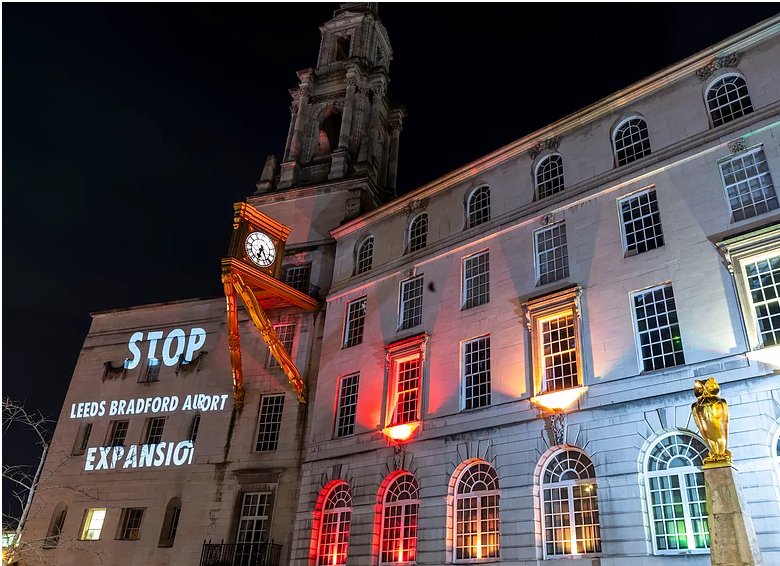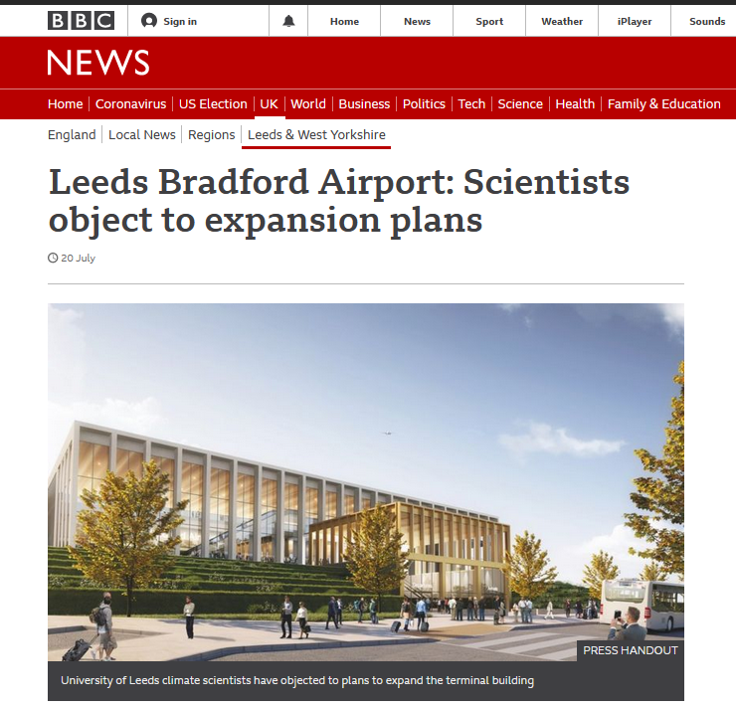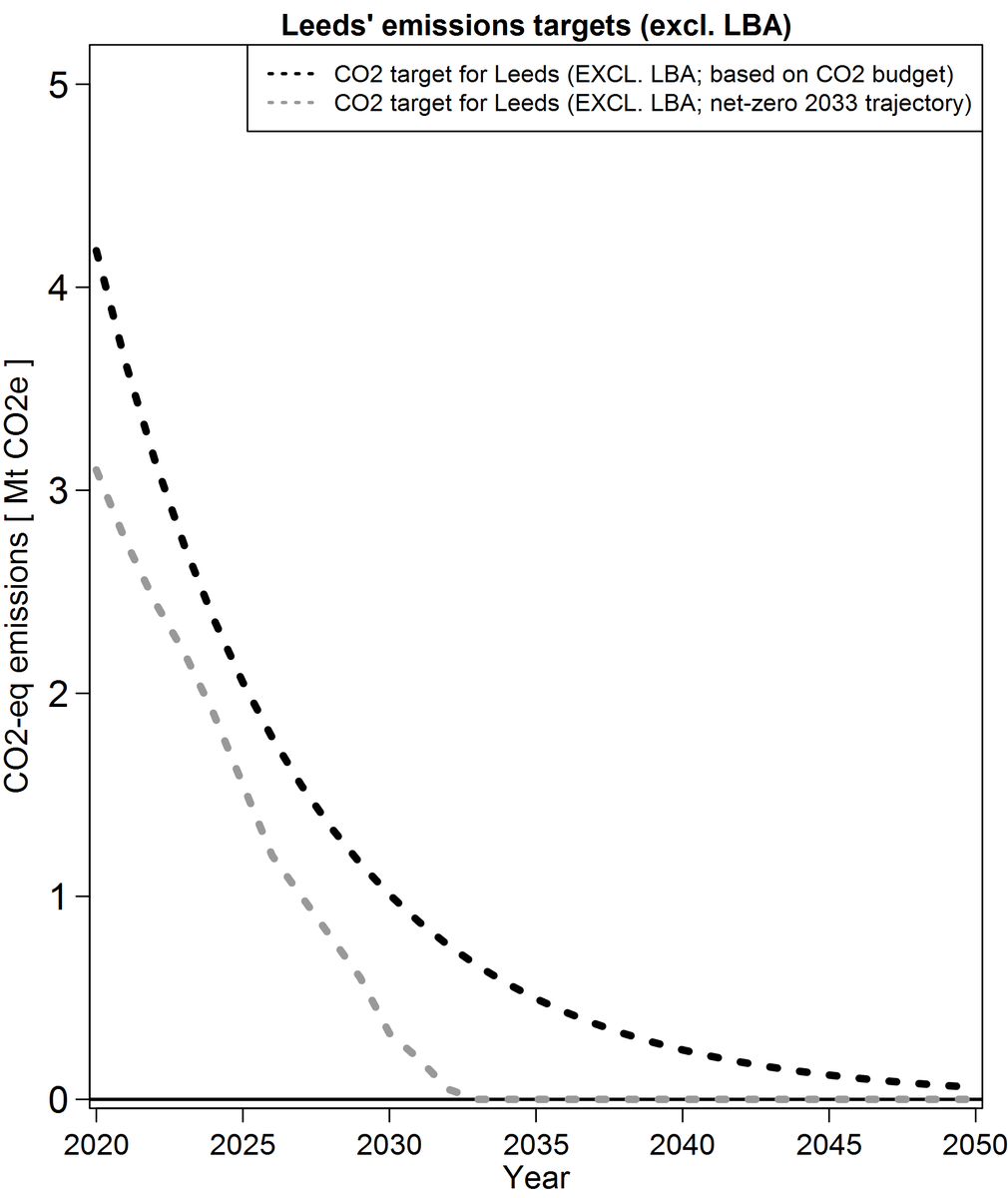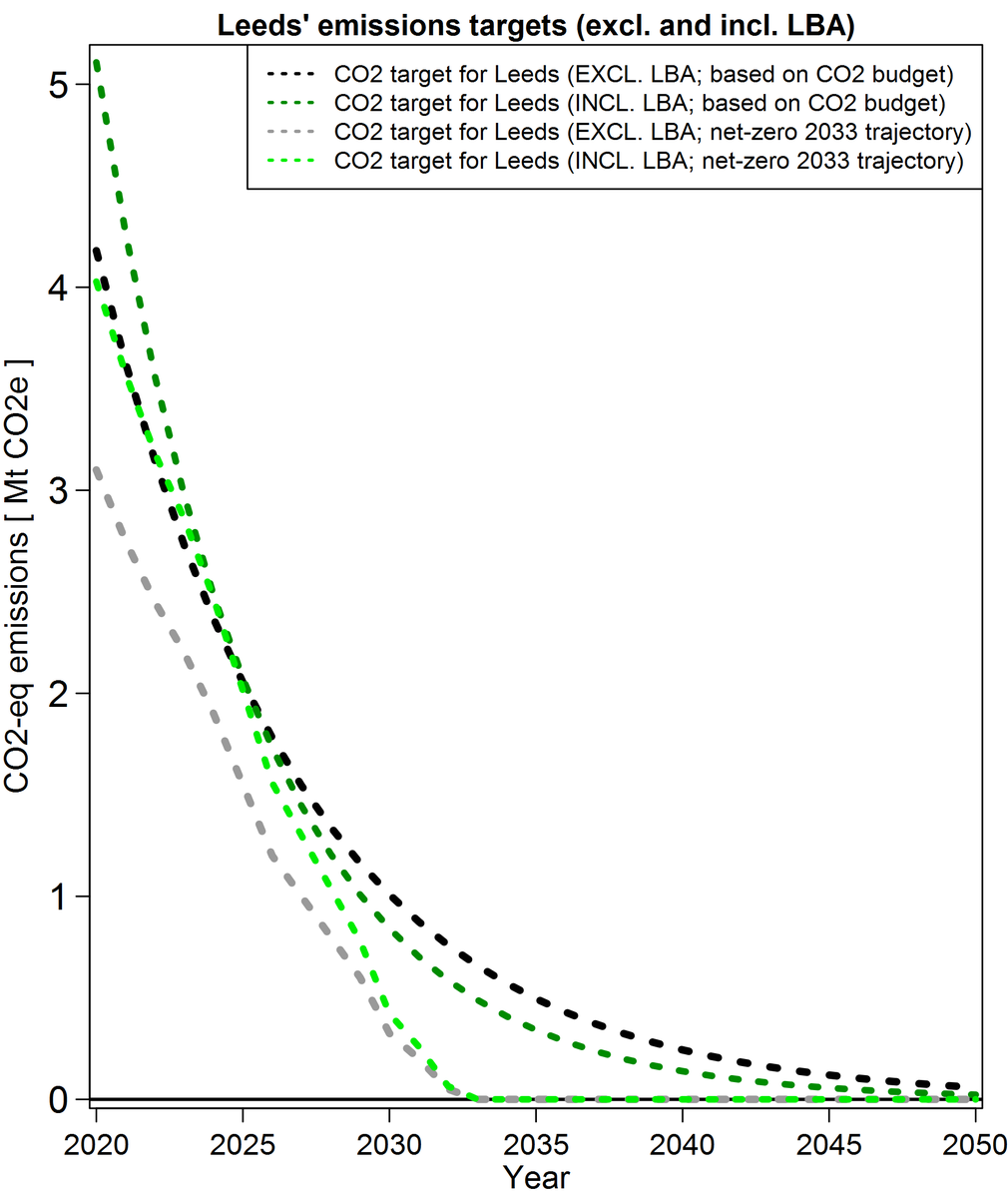
NEW PAPER #openaccess
To secure decent living standards for all while reducing global energy use to avert #climatebreakdown, governments need to:
↗️public services
↗️income equality
↘️extractive industries
❌economic growth in affluent countries
THREAD
bit.ly/2UdLn1I
To secure decent living standards for all while reducing global energy use to avert #climatebreakdown, governments need to:
↗️public services
↗️income equality
↘️extractive industries
❌economic growth in affluent countries
THREAD
bit.ly/2UdLn1I

@JKSteinberger @DrDanONeill @lamb_wf @jasonhickel @g_kallis @GeorgeMonbiot @EricHolthaus @KevinClimate @ClimateHuman @GretaThunberg 1/ Averting catastrophic climate changes beyond 1.5 C global warming requires both rapid decarbonisation of energy systems AND rapid reductions in global energy use. This is now recognised at the highest levels, including the recent report by the International Energy Agency.
@JKSteinberger @DrDanONeill @lamb_wf @jasonhickel @g_kallis @GeorgeMonbiot @EricHolthaus @KevinClimate @ClimateHuman @GretaThunberg 2/ By 2050, global final energy use must be as low as 27 gigajoules per person (GJ/cap) to reach the aspirations of the Paris Agreement of limiting global warming to 1.5 °C without relying on speculative negative emissions technologies, according to the IPCC (2018).
@JKSteinberger @DrDanONeill @lamb_wf @jasonhickel @g_kallis @GeorgeMonbiot @EricHolthaus @KevinClimate @ClimateHuman @GretaThunberg 3/ That means current global average energy use (55 GJ/cap) needs to be cut in half, while affluent countries like the UK (81 GJ/cap) need to cut their average energy use by as much as 65%, and the most energy-hungry countries like the USA (204 GJ/cap) need to cut by almost 90%.
@JKSteinberger @DrDanONeill @lamb_wf @jasonhickel @g_kallis @GeorgeMonbiot @EricHolthaus @KevinClimate @ClimateHuman @GretaThunberg 4/ A major concern is that such big energy cuts might undermine human well-being, both in affluent countries (where the largest energy cuts are needed) and in ‘poor’ countries (where billions of people currently live with precarious living standards, deprived of basic needs).
@JKSteinberger @DrDanONeill @lamb_wf @jasonhickel @g_kallis @GeorgeMonbiot @EricHolthaus @KevinClimate @ClimateHuman @GretaThunberg 5/ Why care? Because decent living standards – or the satisfaction of basic human needs (here: food, water, health, sanitation, education, livelihoods) – are a prerequisite for human well-being. If basic needs go unmet, people suffer serious physical, mental or social harm.
@JKSteinberger @DrDanONeill @lamb_wf @jasonhickel @g_kallis @GeorgeMonbiot @EricHolthaus @KevinClimate @ClimateHuman @GretaThunberg 6/ The point of averting climate breakdown is to avert unprecedented human (+ non-human) suffering/harm, now and in the future. This is imperative. But it's also imperative to end the enormous human suffering/harm that results from precarious living standards. We have to do both.
@JKSteinberger @DrDanONeill @lamb_wf @jasonhickel @g_kallis @GeorgeMonbiot @EricHolthaus @KevinClimate @ClimateHuman @GretaThunberg 7/ The problem is that, currently, all countries that provide decent living standards to most of the population [blue bars] use much more energy per person than what is ‘sustainable’: compatible with limiting global warming to 1.5 C without speculative technologies [red line]. 

@JKSteinberger @DrDanONeill @lamb_wf @jasonhickel @g_kallis @GeorgeMonbiot @EricHolthaus @KevinClimate @ClimateHuman @GretaThunberg @KetanJ0 @Peters_Glen @MichaelEMann @Luisamneubauer @ExtinctionR @sunrisemvmt @Fridays4future @R_Degrowth @ScientistsX 8/ On the other hand, in all countries where energy use is within such ‘sustainable’ levels (compatible with 1.5 C), significant parts of the population are deprived of decent living standards [yellow bars]. 
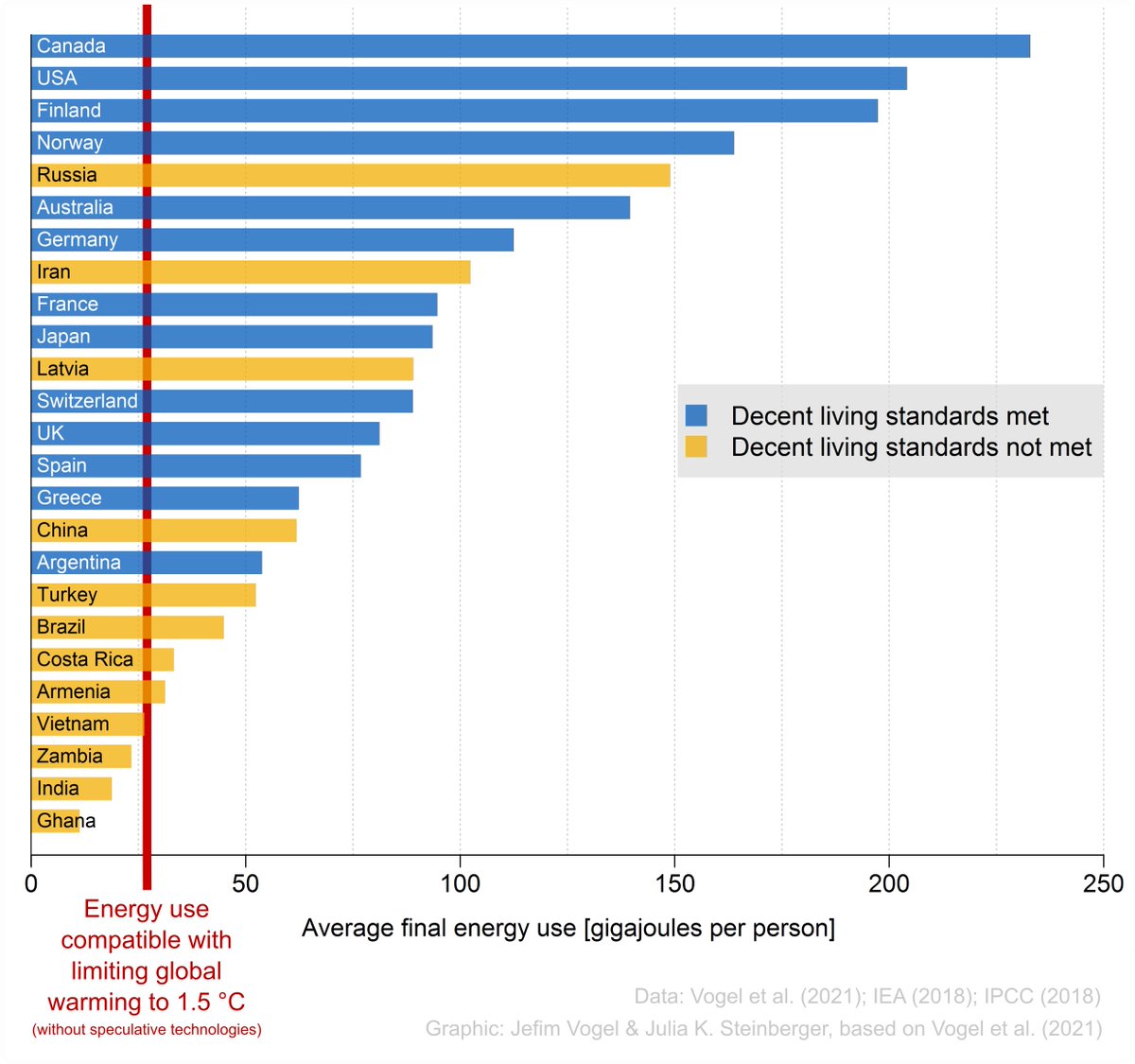
@JKSteinberger @DrDanONeill @lamb_wf @jasonhickel @g_kallis @GeorgeMonbiot @EricHolthaus @KevinClimate @ClimateHuman @GretaThunberg @KetanJ0 @Peters_Glen @MichaelEMann @Luisamneubauer @ExtinctionR @sunrisemvmt @Fridays4future @R_Degrowth @ScientistsX @DrSimEvans @AnnPettifor @beth_stratford @E_Hofferberth @baltrusz @yl_oswald @Miklos_Antal @giulio_mattioli @librand3 9/ In the current economic system, decent living standards (basic need satisfaction, human well-being) and sustainable energy use (sufficient climate mitigation) appear to be mutually exclusive.
@JKSteinberger @DrDanONeill @lamb_wf @jasonhickel @g_kallis @GeorgeMonbiot @EricHolthaus @KevinClimate @ClimateHuman @GretaThunberg @KetanJ0 @Peters_Glen @MichaelEMann @Luisamneubauer @ExtinctionR @sunrisemvmt @Fridays4future @R_Degrowth @ScientistsX @DrSimEvans @AnnPettifor @beth_stratford @E_Hofferberth @baltrusz @yl_oswald @Miklos_Antal @giulio_mattioli @librand3 10/ The big question then is: can societies satisfy everyone’s basic human needs at low energy use?
Spoiler: theoretically, yes.
But how? Under which conditions? What are the ‘socio-economic conditions for satisfying human needs at low energy use’ (as the paper is entitled)?
Spoiler: theoretically, yes.
But how? Under which conditions? What are the ‘socio-economic conditions for satisfying human needs at low energy use’ (as the paper is entitled)?

@JKSteinberger @DrDanONeill @lamb_wf @jasonhickel @g_kallis @GeorgeMonbiot @EricHolthaus @KevinClimate @ClimateHuman @GretaThunberg @KetanJ0 @Peters_Glen @MichaelEMann @Luisamneubauer @ExtinctionR @sunrisemvmt @Fridays4future @R_Degrowth @ScientistsX @DrSimEvans @AnnPettifor @beth_stratford @E_Hofferberth @baltrusz @yl_oswald @Miklos_Antal @giulio_mattioli @librand3 @CharlieJGardner @ThierryAaron @LorenzClimate @LorenzoVelotti @kmbayliss @KateRaworth @timparrique @WiedenhoferD @PaulChatterton9 11/ The basic relationship between need satisfaction and energy use is simple: need satisfaction increases steeply with energy use, but only to a point: once need satisfaction is ‘sufficient’, it saturates, and additional energy use doesn't substantially improve need satisfaction 

@JKSteinberger @DrDanONeill @lamb_wf @jasonhickel @g_kallis @GeorgeMonbiot @EricHolthaus @KevinClimate @ClimateHuman @GretaThunberg @KetanJ0 @Peters_Glen @MichaelEMann @Luisamneubauer @ExtinctionR @sunrisemvmt @Fridays4future @R_Degrowth @ScientistsX @DrSimEvans @AnnPettifor @beth_stratford @E_Hofferberth @baltrusz @yl_oswald @Miklos_Antal @giulio_mattioli @librand3 @CharlieJGardner @ThierryAaron @LorenzClimate @LorenzoVelotti @kmbayliss @KateRaworth @timparrique @WiedenhoferD @PaulChatterton9 @milankloewer @dave_barns @SRILeeds @UniversityLeeds @UniLeedsComms @joefherb @JoelForamitti @gabi_cabana @LLefstad 12/ We find this saturation pattern for all 6 need satisfaction dimensions we assess (health, nutrition, water, sanitation, education, minimum income). Sufficient satisfaction of all 6 needs is only reached at energy use levels > 55-60 GJ/cap - more than 2x what is ‘sustainable’. 

@JKSteinberger @DrDanONeill @lamb_wf @jasonhickel @g_kallis @GeorgeMonbiot @EricHolthaus @KevinClimate @ClimateHuman @GretaThunberg @KetanJ0 @Peters_Glen @MichaelEMann @Luisamneubauer @ExtinctionR @sunrisemvmt @Fridays4future @R_Degrowth @ScientistsX @DrSimEvans @AnnPettifor @beth_stratford @E_Hofferberth @baltrusz @yl_oswald @Miklos_Antal @giulio_mattioli @librand3 @CharlieJGardner @ThierryAaron @LorenzClimate @LorenzoVelotti @kmbayliss @KateRaworth @timparrique @WiedenhoferD @PaulChatterton9 @milankloewer @dave_barns @SRILeeds @UniversityLeeds @UniLeedsComms @joefherb @JoelForamitti @gabi_cabana @LLefstad @AndrewLFanning @J_Lawley @HarrietThew @MargoCHanson 13/ So far, so bad. But here’s the good news: the relationship between need satisfaction and energy use is not fixed, but changes depending on the configurations of socio-economic intermediary factors relevant to the provisioning of goods and services (‘provisioning factors’). 

@JKSteinberger @DrDanONeill @lamb_wf @jasonhickel @g_kallis @GeorgeMonbiot @EricHolthaus @KevinClimate @ClimateHuman @GretaThunberg @KetanJ0 @Peters_Glen @MichaelEMann @Luisamneubauer @ExtinctionR @sunrisemvmt @Fridays4future @R_Degrowth @ScientistsX @DrSimEvans @AnnPettifor @beth_stratford @E_Hofferberth @baltrusz @yl_oswald @Miklos_Antal @giulio_mattioli @librand3 @CharlieJGardner @ThierryAaron @LorenzClimate @LorenzoVelotti @kmbayliss @KateRaworth @timparrique @WiedenhoferD @PaulChatterton9 @milankloewer @dave_barns @SRILeeds @UniversityLeeds @UniLeedsComms @joefherb @JoelForamitti @gabi_cabana @LLefstad @AndrewLFanning @J_Lawley @HarrietThew @MargoCHanson 14/ ‘Beneficial provisioning factors’ are associated with higher levels of need satisfaction, and lower energy requirements of need satisfaction.
‘Detrimental provisioning factors’ are associated with lower need satisfaction and greater energy requirements of need satisfaction.
‘Detrimental provisioning factors’ are associated with lower need satisfaction and greater energy requirements of need satisfaction.

@JKSteinberger @DrDanONeill @lamb_wf @jasonhickel @g_kallis @GeorgeMonbiot @EricHolthaus @KevinClimate @ClimateHuman @GretaThunberg @KetanJ0 @Peters_Glen @MichaelEMann @Luisamneubauer @ExtinctionR @sunrisemvmt @Fridays4future @R_Degrowth @ScientistsX @DrSimEvans @AnnPettifor @beth_stratford @E_Hofferberth @baltrusz @yl_oswald @Miklos_Antal @giulio_mattioli @librand3 @CharlieJGardner @ThierryAaron @LorenzClimate @LorenzoVelotti @kmbayliss @KateRaworth @timparrique @WiedenhoferD @PaulChatterton9 @milankloewer @dave_barns @SRILeeds @UniversityLeeds @UniLeedsComms @joefherb @JoelForamitti @gabi_cabana @LLefstad @AndrewLFanning @J_Lawley @HarrietThew @MargoCHanson 15/ Countries with high values of a beneficial provisioning factor tend to achieve sufficient need satisfaction at lower energy use. Countries with high values of a detrimental provisioning factor tend to reach sufficient need satisfaction (if anything) only at high energy use. 

@JKSteinberger @DrDanONeill @lamb_wf @jasonhickel @g_kallis @GeorgeMonbiot @EricHolthaus @KevinClimate @ClimateHuman @GretaThunberg @KetanJ0 @Peters_Glen @MichaelEMann @Luisamneubauer @ExtinctionR @sunrisemvmt @Fridays4future @R_Degrowth @ScientistsX @DrSimEvans @AnnPettifor @beth_stratford @E_Hofferberth @baltrusz @yl_oswald @Miklos_Antal @giulio_mattioli @librand3 @CharlieJGardner @ThierryAaron @LorenzClimate @LorenzoVelotti @kmbayliss @KateRaworth @timparrique @WiedenhoferD @PaulChatterton9 @milankloewer @dave_barns @SRILeeds @UniversityLeeds @UniLeedsComms @joefherb @JoelForamitti @gabi_cabana @LLefstad @AndrewLFanning @J_Lawley @HarrietThew @MargoCHanson 16/ Public service quality is a beneficial provisioning factor. High public service quality [yellow line] is associated with higher life expectancy for a given energy use level, and lower energy dependence of life expectancy, i.e. with high life expectancy at low(er) energy use. 

@JKSteinberger @DrDanONeill @lamb_wf @jasonhickel @g_kallis @GeorgeMonbiot @EricHolthaus @KevinClimate @ClimateHuman @GretaThunberg @KetanJ0 @Peters_Glen @MichaelEMann @Luisamneubauer @ExtinctionR @sunrisemvmt @Fridays4future @R_Degrowth @ScientistsX @DrSimEvans @AnnPettifor @beth_stratford @E_Hofferberth @baltrusz @yl_oswald @Miklos_Antal @giulio_mattioli @librand3 @CharlieJGardner @ThierryAaron @LorenzClimate @LorenzoVelotti @kmbayliss @KateRaworth @timparrique @WiedenhoferD @PaulChatterton9 @milankloewer @dave_barns @SRILeeds @UniversityLeeds @UniLeedsComms @joefherb @JoelForamitti @gabi_cabana @LLefstad @AndrewLFanning @J_Lawley @HarrietThew @MargoCHanson 17/ Extractivism is a detrimental provisioning factor. High levels of extractivism [yellow line] are associated with lower life expectancy for a given energy use level, and greater energy dependence of life expectancy, i.e. high life expectancy if anything only at high energy use 
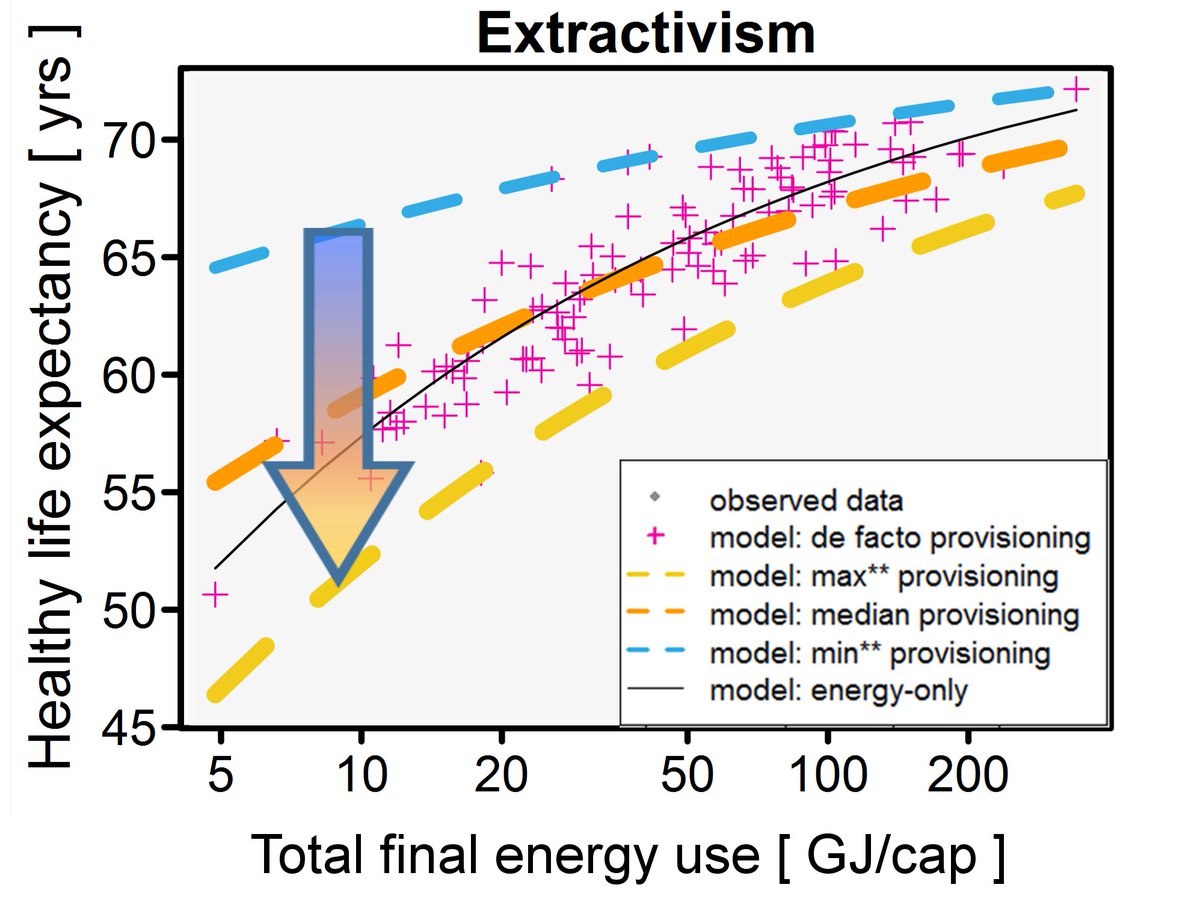
@JKSteinberger @DrDanONeill @lamb_wf @jasonhickel @g_kallis @GeorgeMonbiot @EricHolthaus @KevinClimate @ClimateHuman @GretaThunberg @KetanJ0 @Peters_Glen @MichaelEMann @Luisamneubauer @ExtinctionR @sunrisemvmt @Fridays4future @R_Degrowth @ScientistsX @DrSimEvans @AnnPettifor @beth_stratford @E_Hofferberth @baltrusz @yl_oswald @Miklos_Antal @giulio_mattioli @librand3 @CharlieJGardner @ThierryAaron @LorenzClimate @LorenzoVelotti @kmbayliss @KateRaworth @timparrique @WiedenhoferD @PaulChatterton9 @milankloewer @dave_barns @SRILeeds @UniversityLeeds @UniLeedsComms @joefherb @JoelForamitti @gabi_cabana @LLefstad @AndrewLFanning @J_Lawley @HarrietThew @MargoCHanson 18/ The effects of provisioning factors differ in magnitude and significance across different needs satisfaction variables, but importantly, they are consistent in direction: they’re consistently either beneficial [upward arrows] or detrimental [downward arrows]. 

@JKSteinberger @DrDanONeill @lamb_wf @jasonhickel @g_kallis @GeorgeMonbiot @EricHolthaus @KevinClimate @ClimateHuman @GretaThunberg @KetanJ0 @Peters_Glen @MichaelEMann @Luisamneubauer @ExtinctionR @sunrisemvmt @Fridays4future @R_Degrowth @ScientistsX @DrSimEvans @AnnPettifor @beth_stratford @E_Hofferberth @baltrusz @yl_oswald @Miklos_Antal @giulio_mattioli @librand3 @CharlieJGardner @ThierryAaron @LorenzClimate @LorenzoVelotti @kmbayliss @KateRaworth @timparrique @WiedenhoferD @PaulChatterton9 @milankloewer @dave_barns @SRILeeds @UniversityLeeds @UniLeedsComms @joefherb @JoelForamitti @gabi_cabana @LLefstad @AndrewLFanning @J_Lawley @HarrietThew @MargoCHanson 19/ We find strong, consistently beneficial effects [green] for public service quality, income equality, democracy, electricity access, access to clean fuels, trade and transport infrastructure, and public health coverage. Improving these factors would likely be beneficial. 

@JKSteinberger @DrDanONeill @lamb_wf @jasonhickel @g_kallis @GeorgeMonbiot @EricHolthaus @KevinClimate @ClimateHuman @GretaThunberg @KetanJ0 @Peters_Glen @MichaelEMann @Luisamneubauer @ExtinctionR @sunrisemvmt @Fridays4future @R_Degrowth @ScientistsX @DrSimEvans @AnnPettifor @beth_stratford @E_Hofferberth @baltrusz @yl_oswald @Miklos_Antal @giulio_mattioli @librand3 @CharlieJGardner @ThierryAaron @LorenzClimate @LorenzoVelotti @kmbayliss @KateRaworth @timparrique @WiedenhoferD @PaulChatterton9 @milankloewer @dave_barns @SRILeeds @UniversityLeeds @UniLeedsComms @joefherb @JoelForamitti @gabi_cabana @LLefstad @AndrewLFanning @J_Lawley @HarrietThew @MargoCHanson 20/ On the other hand, we find strong, consistently detrimental effects for extractivism, and for economic growth beyond moderate levels of energy use (~affluence). It would likely be beneficial to scale back extractivism and stop economic growth in affluent countries. 

@JKSteinberger @DrDanONeill @lamb_wf @jasonhickel @g_kallis @GeorgeMonbiot @EricHolthaus @KevinClimate @ClimateHuman @GretaThunberg @KetanJ0 @Peters_Glen @MichaelEMann @Luisamneubauer @ExtinctionR @sunrisemvmt @Fridays4future @R_Degrowth @ScientistsX @DrSimEvans @AnnPettifor @beth_stratford @E_Hofferberth @baltrusz @yl_oswald @Miklos_Antal @giulio_mattioli @librand3 @CharlieJGardner @ThierryAaron @LorenzClimate @LorenzoVelotti @kmbayliss @KateRaworth @timparrique @WiedenhoferD @PaulChatterton9 @milankloewer @dave_barns @SRILeeds @UniversityLeeds @UniLeedsComms @joefherb @JoelForamitti @gabi_cabana @LLefstad @AndrewLFanning @J_Lawley @HarrietThew @MargoCHanson 21/ Testing combinations of key provisioning factors acting together, we find that their individual effects qualitatively hold and complement each other, suggesting it's desirable to pursue beneficial configurations (beneficial ↗️, detrimental ↘️) in all key provisioning factors.
@JKSteinberger @DrDanONeill @lamb_wf @jasonhickel @g_kallis @GeorgeMonbiot @EricHolthaus @KevinClimate @ClimateHuman @GretaThunberg @KetanJ0 @Peters_Glen @MichaelEMann @Luisamneubauer @ExtinctionR @sunrisemvmt @Fridays4future @R_Degrowth @ScientistsX @DrSimEvans @AnnPettifor @beth_stratford @E_Hofferberth @baltrusz @yl_oswald @Miklos_Antal @giulio_mattioli @librand3 @CharlieJGardner @ThierryAaron @LorenzClimate @LorenzoVelotti @kmbayliss @KateRaworth @timparrique @WiedenhoferD @PaulChatterton9 @milankloewer @dave_barns @SRILeeds @UniversityLeeds @UniLeedsComms @joefherb @JoelForamitti @gabi_cabana @LLefstad @AndrewLFanning @J_Lawley @HarrietThew @MargoCHanson 22/ Finally, we model need satisfaction outcomes for the combination of high public service quality, high income equality, and low extractivism (‘jointly beneficial provisioning configuration’), and compare it to outcomes modelled for median or current values of these factors.
@JKSteinberger @DrDanONeill @lamb_wf @jasonhickel @g_kallis @GeorgeMonbiot @EricHolthaus @KevinClimate @ClimateHuman @GretaThunberg @KetanJ0 @Peters_Glen @MichaelEMann @Luisamneubauer @ExtinctionR @sunrisemvmt @Fridays4future @R_Degrowth @ScientistsX @DrSimEvans @AnnPettifor @beth_stratford @E_Hofferberth @baltrusz @yl_oswald @Miklos_Antal @giulio_mattioli @librand3 @CharlieJGardner @ThierryAaron @LorenzClimate @LorenzoVelotti @kmbayliss @KateRaworth @timparrique @WiedenhoferD @PaulChatterton9 @milankloewer @dave_barns @SRILeeds @UniversityLeeds @UniLeedsComms @joefherb @JoelForamitti @gabi_cabana @LLefstad @AndrewLFanning @J_Lawley @HarrietThew @MargoCHanson 23/ Across all need satisfaction variables, the ‘jointly beneficial provisioning configuration’ [green curve] is associated with much better need satisfaction outcomes, and facilitates reaching sufficient need satisfaction within sustainable levels of energy use. 

@JKSteinberger @DrDanONeill @lamb_wf @jasonhickel @g_kallis @GeorgeMonbiot @EricHolthaus @KevinClimate @ClimateHuman @GretaThunberg @KetanJ0 @Peters_Glen @MichaelEMann @Luisamneubauer @ExtinctionR @sunrisemvmt @Fridays4future @R_Degrowth @ScientistsX @DrSimEvans @AnnPettifor @beth_stratford @E_Hofferberth @baltrusz @yl_oswald @Miklos_Antal @giulio_mattioli @librand3 @CharlieJGardner @ThierryAaron @LorenzClimate @LorenzoVelotti @kmbayliss @KateRaworth @timparrique @WiedenhoferD @PaulChatterton9 @milankloewer @dave_barns @SRILeeds @UniversityLeeds @UniLeedsComms @joefherb @JoelForamitti @gabi_cabana @LLefstad @AndrewLFanning @J_Lawley @HarrietThew @MargoCHanson 24/ We conclude that governments everywhere should improve and expand public services, increase income equality, strengthen democracy, provide basic infrastructures, and scale back extractive industries - and stop economic growth in affluent or moderately affluent countries. 

@JKSteinberger @DrDanONeill @lamb_wf @jasonhickel @g_kallis @GeorgeMonbiot @EricHolthaus @KevinClimate @ClimateHuman @GretaThunberg @KetanJ0 @Peters_Glen @MichaelEMann @Luisamneubauer @ExtinctionR @sunrisemvmt @Fridays4future @R_Degrowth @ScientistsX @DrSimEvans @AnnPettifor @beth_stratford @E_Hofferberth @baltrusz @yl_oswald @Miklos_Antal @giulio_mattioli @librand3 @CharlieJGardner @ThierryAaron @LorenzClimate @LorenzoVelotti @kmbayliss @KateRaworth @timparrique @WiedenhoferD @PaulChatterton9 @milankloewer @dave_barns @SRILeeds @UniversityLeeds @UniLeedsComms @joefherb @JoelForamitti @gabi_cabana @LLefstad @AndrewLFanning @J_Lawley @HarrietThew @MargoCHanson 25/ These changes might enable affluent countries to slash their energy use & emissions without undermining human well-being, and enable less affluent countries to achieve decent living standards without huge growth in energy use that would further exacerbate climate breakdown.
@JKSteinberger @DrDanONeill @lamb_wf @jasonhickel @g_kallis @GeorgeMonbiot @EricHolthaus @KevinClimate @ClimateHuman @GretaThunberg @KetanJ0 @Peters_Glen @MichaelEMann @Luisamneubauer @ExtinctionR @sunrisemvmt @Fridays4future @R_Degrowth @ScientistsX @DrSimEvans @AnnPettifor @beth_stratford @E_Hofferberth @baltrusz @yl_oswald @Miklos_Antal @giulio_mattioli @librand3 @CharlieJGardner @ThierryAaron @LorenzClimate @LorenzoVelotti @kmbayliss @KateRaworth @timparrique @WiedenhoferD @PaulChatterton9 @milankloewer @dave_barns @SRILeeds @UniversityLeeds @UniLeedsComms @joefherb @JoelForamitti @gabi_cabana @LLefstad @AndrewLFanning @J_Lawley @HarrietThew @MargoCHanson 26/ Achieving this, however, ultimately requires a fundamental transformation of the economic system to prioritise sufficiency, equitable well-being & sustainability. This suggests embracing degrowth in the Global North and alternatives to Western development in the Global South.
@JKSteinberger @DrDanONeill @lamb_wf @jasonhickel @g_kallis @GeorgeMonbiot @EricHolthaus @KevinClimate @ClimateHuman @GretaThunberg @KetanJ0 @Peters_Glen @MichaelEMann @Luisamneubauer @ExtinctionR @sunrisemvmt @Fridays4future @R_Degrowth @ScientistsX @DrSimEvans @AnnPettifor @beth_stratford @E_Hofferberth @baltrusz @yl_oswald @Miklos_Antal @giulio_mattioli @librand3 @CharlieJGardner @ThierryAaron @LorenzClimate @LorenzoVelotti @kmbayliss @KateRaworth @timparrique @WiedenhoferD @PaulChatterton9 @milankloewer @dave_barns @SRILeeds @UniversityLeeds @UniLeedsComms @joefherb @JoelForamitti 27/ Last but not least, a huge shout out to my brilliant co-authors @JKSteinberger @DrDanONeill @lamb_wf & Jaya Krishnakumar who were invaluable for making this paper what it is.
+a big thanks to friends & colleagues who provided helpful feedback @liliproj @milankloewer @OkumahM
+a big thanks to friends & colleagues who provided helpful feedback @liliproj @milankloewer @OkumahM
@JKSteinberger @DrDanONeill @lamb_wf @jasonhickel @g_kallis @GeorgeMonbiot @EricHolthaus @KevinClimate @ClimateHuman @GretaThunberg @KetanJ0 @Peters_Glen @MichaelEMann @Luisamneubauer @ExtinctionR @sunrisemvmt @Fridays4future @R_Degrowth @ScientistsX @DrSimEvans @AnnPettifor @beth_stratford @E_Hofferberth @baltrusz @yl_oswald @Miklos_Antal @giulio_mattioli @librand3 @CharlieJGardner @ThierryAaron @LorenzClimate @LorenzoVelotti @kmbayliss @KateRaworth @timparrique @WiedenhoferD @PaulChatterton9 @milankloewer @dave_barns @SRILeeds @UniversityLeeds @UniLeedsComms @joefherb @JoelForamitti @liliproj @OkumahM 28/ Thanks for reading this whole thread! As a reward, you get a free download of the paper (just kidding, it’s #openaccess - but pls do check it out): bit.ly/2UdLn1I
And as my reward for writing this long thread, can I ask you to pls RT this thread & spread the word? 🙏
And as my reward for writing this long thread, can I ask you to pls RT this thread & spread the word? 🙏
• • •
Missing some Tweet in this thread? You can try to
force a refresh


